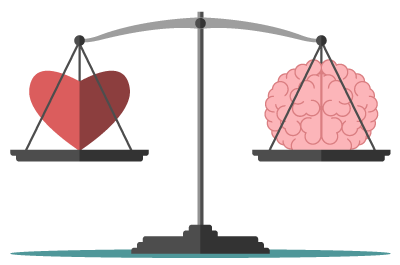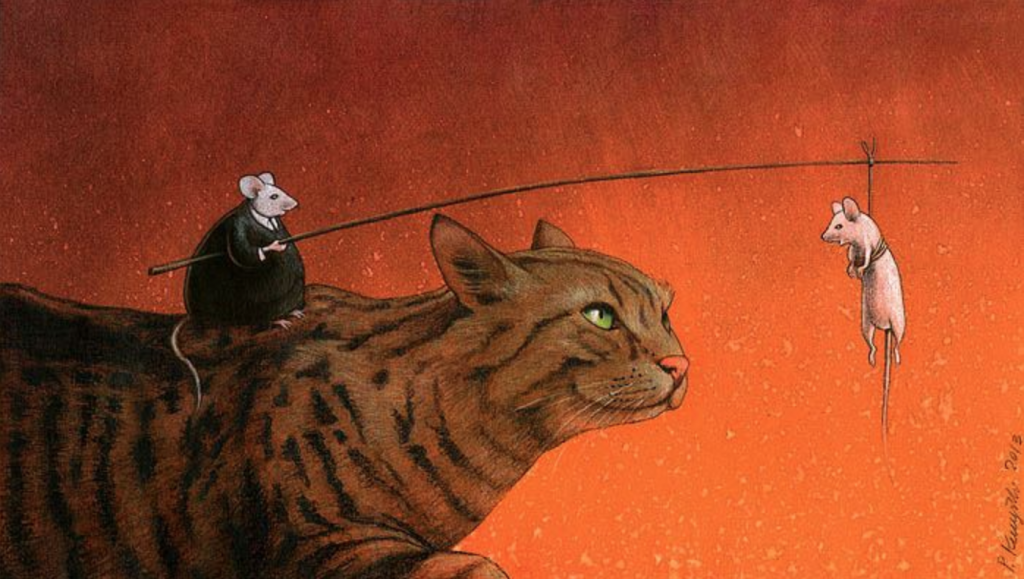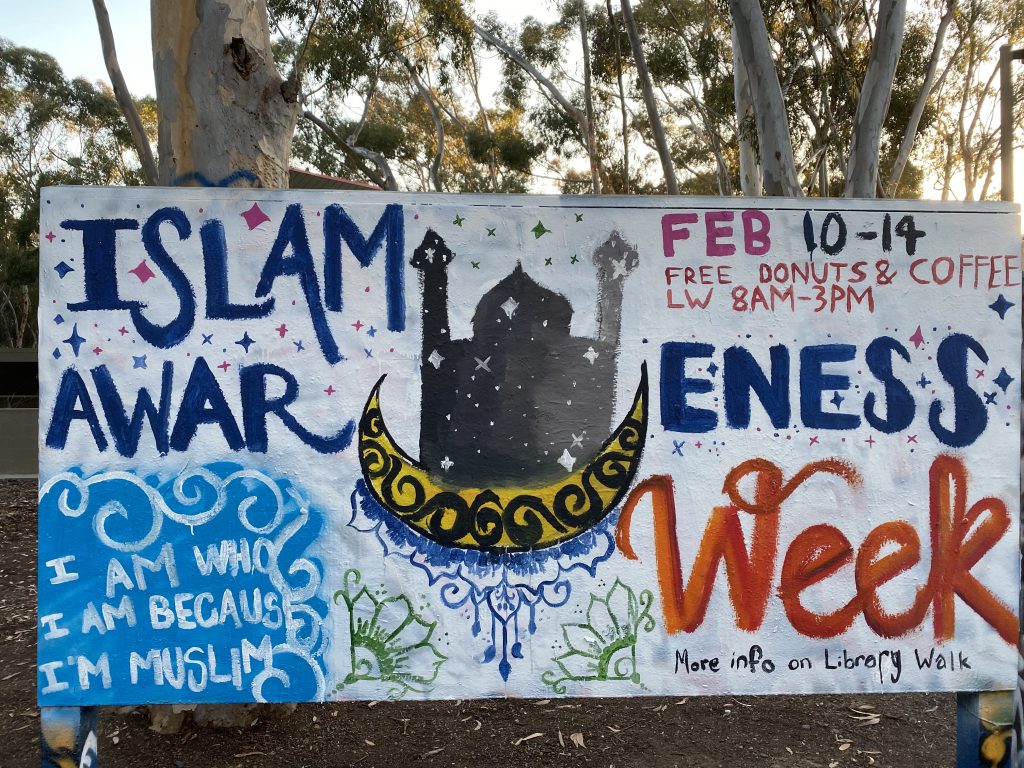
I feel that the Enlightenment, which emphasized reason, broad philosophy and learning, and happiness and Romanticism, which emphasized emotions, individualism, and nature, are both equally important periods of time. The former furthered our ways of thinking and reasoning in ways that benefited the government and everyone collectively, while the latter ensured that the individual is also brought into consideration. Thus I do not agree with one perspective over the other, but both to the same extent. The collective is always important, but the individual should not be overlooked. Reasoning is extremely important, but feelings should not be ignored. Learning about the Enlightenment and Romanticism has impacted the way I view our contemporary western culture today by realizing that our culture is based on the combination of ideas taken from these time periods, making me value all our rights and privileges even more.Therefore, the most interesting or important takeaway from this class for me was that many things aren’t really cut and dry; one of two extremes would detract from our society today and to be honest, our society today, even with all its flaws, should not be taken for granted, seeing how much we have progressed from the past.


